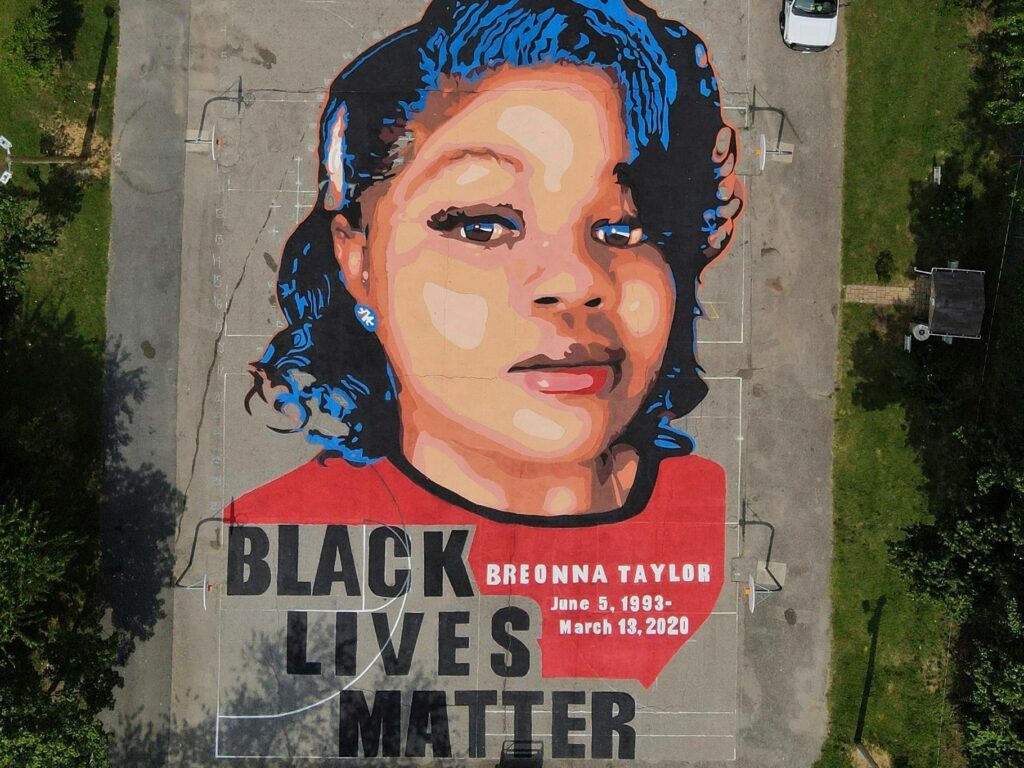
Introduction
Breonna Taylor, a 26-year-old African American woman, was shot and killed by Louisville Metro Police during a botched raid on her apartment on March 13, 2020. Her tragic death sparked widespread protests and discussions around police reform and racial justice, not only in the United States but also resonating within Canada. The significance of Taylor’s case was amplified by the Black Lives Matter movement, drawing attention to systemic issues of police violence against Black individuals.
The Incident
On the night of March 13, officers executed a no-knock warrant in connection with a drug investigation. The police claimed they announced themselves before breaching the door, but Taylor’s boyfriend, Kenneth Walker, said he did not hear any announcement. In the ensuing chaos, officers opened fire, hitting Taylor multiple times and resulting in her death. Initially, this case received limited media attention, but as protests erupted across the country, it became emblematic of the broader issues regarding policing practices and racial inequality.
Reactions and Protests
The death of Breonna Taylor led to a nationwide outcry. Activists joined forces to demand justice, and marches took place in many cities, including Toronto and Vancouver. The slogan “Say Her Name” became a rallying cry, urging society to recognize and honor not only Taylor’s life but that of countless others who have suffered from similar violence. The protests called for the end of no-knock warrants, police accountability, and comprehensive reforms in law enforcement.
Legal Developments
In the wake of the protests, the city of Louisville announced a settlement of $12 million with Taylor’s family, alongside commitments to police reform. However, many activists felt disappointed by the lack of criminal charges against the officers directly involved in Taylor’s death. The lack of accountability underscored a persistent issue in the legal system where victims of police violence often do not receive justice.
Conclusion
Breonna Taylor’s story remains relevant as a symbol of the demand for justice and reform in policing. Her death has not only galvanized movements in the U.S. but also has impacted discussions of racial justice in Canada and beyond. As the world continues to grapple with the issues surrounding systemic racism, the legacy of Breonna Taylor serves as a stark reminder of the importance of advocacy and change. Ongoing conversations about police practices, accountability, and racial equity are crucial—not just for honoring her memory but for working towards a just society where such tragedies become a thing of the past.



